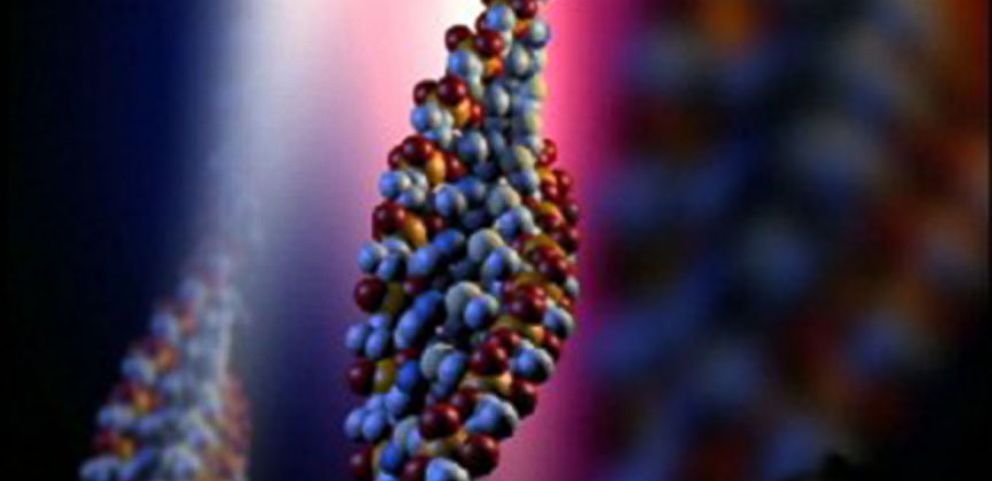Splitting up is never easy and rarely is it pain-free. In many cases, once a relationship ends, each person can leave the past behind, move forward in their lives and perhaps never even see each other again. But when the relationship produced a beautiful and innocent little human being, responsible parents must consider the child’s needs before their own. Both parents can have an influence for good in their child’s upbringing, and for this reason, more and more couples who split are opting for shared parenting. Is it the right choice for you?
Quick Pros and Cons of Shared Parenting
Pros
- A child gets a clear message that both parents love them and want them.
- There is regular access to both Mom and Dad and enjoy the benefits of it.
- There are fewer conflicts between parents when they do shared parenting.
- Many co-parenting non-residential parents provide more regular financial support because they do not feel like they have ‘lost’ their children.
- Because they’re not parenting alone, parents are less likely to feel burned out.
Cons
- Shared parenting limits a parent’s mobility. Because they need to stay close to their child, they may give up the opportunity for a better job elsewhere.
- Some children get anxious going back and forth between homes and one parent may be markedly better with their parenting skills than the other.
- If parents aren’t good at communicating with each other or don’t get along, they may make decisions for the child independently, causing further conflict.
- A child can be made to feel ‘in the middle,’ having to deliver messages between Mom and Dad or being quizzed about the actions of the other parent.
3 TIPS: If You Decide Shared Parenting is the Best Option
1. Do What’s Best for your Child. Period.It’s so incredibly difficult to put aside your own feelings of anger, resentment, and bitterness toward your ex and do what’s best for your child. But you must. And you do it because you’re a grown-up. Not all shared parenting arrangements can be 50-50. For example, if you work graveyard, it may be better for the sake of stability in your child’s daily schedule if you have her weekends only. Will you miss her during the week? Yes. Is it better for her, though? Absolutely. When it comes to all shared parenting decisions, disassociate from your own feelings and consider your child’s needs instead. It will pay off.
2. Tell your Child Often What a Great Parent Your Ex is!
Your child loves you both, and it psychologically hurts her and confuses her when you speak ill of a parent she loves. Talk to someone else about your beefs with your ex. When it comes to your child, it’s important for her to know that you think your ex has her best interests at heart and loves her just like you do. Put pictures up in your home of the two of them together. Not only will it comfort her, but this simple act can also act as a reminder to you that your child needs both of you in order to grow up strong, healthy and happy (Bathie).
3. Don’t Sweat the Small Stuff – Let it Go.
Kids can feel tension between their parents a mile away. Although you’ll always have disagreements, in order to be the grown-up you have to be willing to let go of control. Especially when it’s stuff that really doesn’t matter. If your ex lets your child stay up till 10 even though you insist on a 9 o’clock bedtime at home, let it go. If your ex feeds her sugary cereal for breakfast, so what? As long as it’s not putting your child in danger, let your ex parent the way they deem best. Peace between parents goes a long way toward ensuring a happy childhood. And really, isn’t that the goal?
The Bottom Line about Shared Parenting
There can be situations when shared parenting is never a good option-such as when a parent is abusive. But courts encourage co-parenting in most cases because it’s an arrangement that enables a child to have both parents continue being active in his or her life and upbringing. As a top paternity test lab, we talk to good parents every day who want to do what’s best for their little ones by giving them a sense of identity. Sometimes these parents are still together and sometimes they’re not, but they all have one thing in common: doing what’s best for their child.
Follow us on Facebook and Twitter! If you have questions about paternity tests or other DNA testing services, please contact our Client Support Center at 888-404-4363, Mon-Fri from 8:30 AM to 5:30 PM Eastern Time. Our friendly, expert representatives are ready and happy to help. Get answers anytime by visiting our Help Center.
Sources
Bathie, Emma. “9 Ways to Co-Parent Like a Grown-Up.” The Huffington Post. TheHuffingtonPost.com, 28 Mar. 2014. Web. 16 June 2016. <http://www.huffingtonpost.com/emma-bathie/9-ways-to-coparent-like-a_b_5045941.html>.
Golodner, Lynne Meredith. “Successful Co-parenting: 7 Steps for Divorced Parents – Metro Parent.” Metro Parent. Metro Parent Publishing Group, 13 Nov. 2015. Web. 16 June 2016. <http://www.metroparent.com/daily/parenting/divorce-family-law/successful-co-parenting-steps-divorced-parents/>.
Gordon, Donald A., Ph.D., and Jack Arbuthnot, Ph.D. “Shared Parenting Pros and Cons.” Shared Parenting Pros and Cons. Segue Esprit, Inc., 20 July 2014. Web. 16 June 2016. <http://www.divorcemag.com/articles/shared-parenting-pros-and-cons>.









